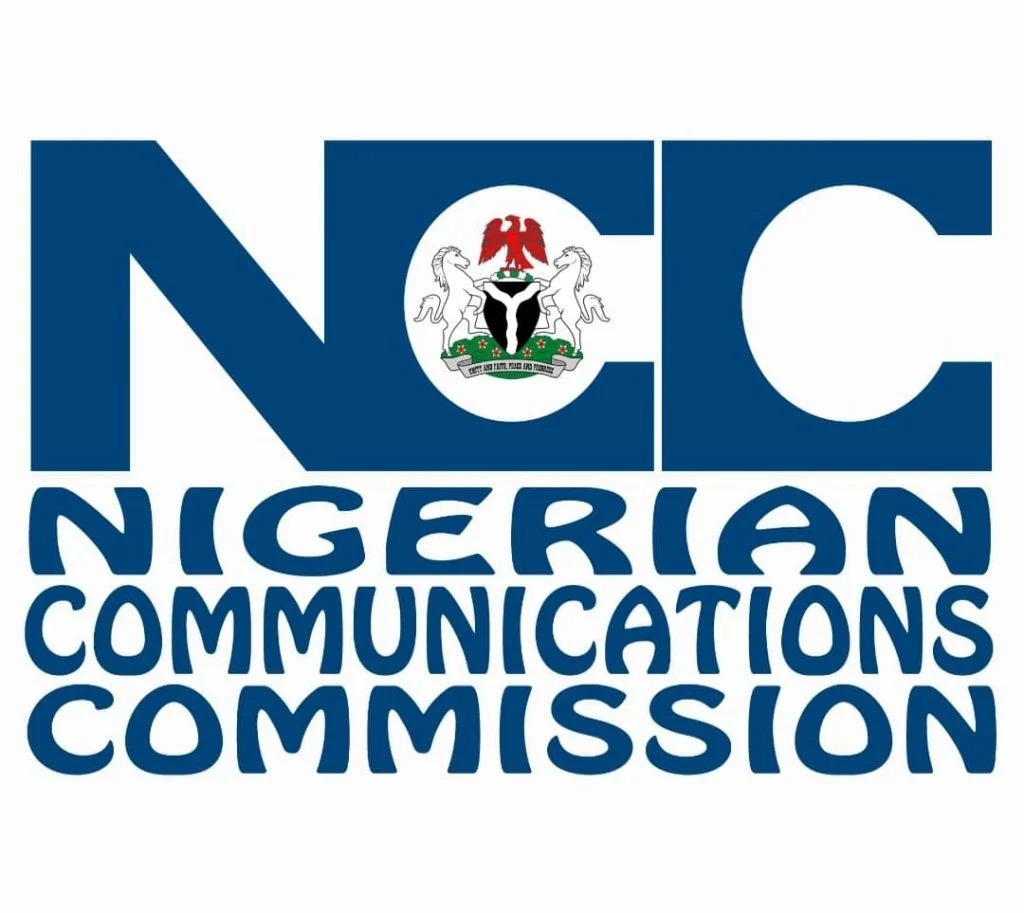The Nigerian Communications Commission (NCC) is poised to publicly disclose the identities of 18 Nigerian banks that have defaulted on a staggering N200 billion debt owed to Mobile Network Operators (MNOs) for the utilization of Unstructured Supplementary Service Data (USSD) platforms. This decisive action follows a joint directive issued by the NCC and the Central Bank of Nigeria (CBN) in December 2023, mandating banks to settle 60% of their pre-Application Programming Interface (API) invoices by January 2, 2025, and to establish mutually agreeable payment plans with MNOs for the remaining balance. Disappointingly, only four banks have complied with this directive, leaving the remaining 18 in arrears and facing potential suspension of their USSD services within the next two weeks. This impending action underscores the NCC’s commitment to resolving the protracted debt dispute that has plagued the relationship between banks and telecom operators for several years.
The crux of the issue lies in the outstanding payments for USSD services rendered prior to the implementation of APIs in February 2022. These “pre-API” invoices represent transactions processed through older, less standardized methods, which often resulted in billing and reconciliation discrepancies between banks and MNOs. The transition to APIs aimed to streamline these processes and enhance transparency, but the legacy debt remained a point of contention. The NCC’s impending action aims to pressure the defaulting banks into fulfilling their financial obligations and ensuring the long-term sustainability of the USSD platform. This decisive step underscores the seriousness of the situation and the regulator’s commitment to protecting the interests of both MNOs and the Nigerian public who rely heavily on USSD services.
The potential consequences of a USSD service suspension are significant, particularly for the vast number of Nigerians who rely on this platform for their banking transactions, especially those without internet access. Recognizing this, the NCC’s public statement will include guidance for subscribers on how to transition to alternative banking services with other compliant banks, minimizing disruptions in their financial activities. This proactive approach demonstrates the NCC’s awareness of the potential impact on consumers and their commitment to mitigating any negative fallout from the service suspension. The move also underscores the importance of USSD as a critical financial infrastructure, particularly for those in underserved communities with limited internet connectivity.
The escalating tension between banks and telecom operators over unpaid USSD debts has been simmering for years, with MNOs repeatedly expressing concerns about the financial strain on their operations and threatening service suspension. Despite these warnings, banks, particularly the larger tier-one institutions, have been slow to prioritize these payments. While smaller banks have shown some progress in settling their dues, the bulk of the debt remains outstanding with the major lenders. This disparity in payment behavior suggests a reluctance among larger banks to address the issue seriously, further exacerbating the financial burden on MNOs.
The significance of USSD in the Nigerian financial landscape cannot be overstated. Data from the CBN reveals a substantial increase in USSD transactions between January and June 2024, reaching 252.06 million transactions worth N2.19 trillion. This already surpasses half of the full-year 2023 figures, which recorded 630.6 million transactions amounting to N4.84 trillion. Originally designed by telcos for airtime and subscription services, USSD has evolved into a vital tool for banking transactions, particularly due to its accessibility without requiring an internet connection. This reliance on USSD highlights the potential disruption that a service suspension could cause to the Nigerian economy and the daily lives of millions.
The NCC’s decision to publicly name the defaulting banks and potentially suspend their USSD services represents a significant escalation in the ongoing debt dispute. While the regulator and industry stakeholders have attempted to resolve the issue through dialogue and directives, the lack of substantial progress from the major banks has necessitated more drastic measures. The impending action sends a clear message that the NCC is committed to enforcing its regulations and holding financial institutions accountable for their obligations. The move also aims to protect the interests of MNOs, ensuring the financial viability and sustainability of the USSD platform, which has become an essential component of Nigeria’s financial infrastructure. Ultimately, the NCC’s objective is to create a stable and sustainable ecosystem for USSD services, ensuring its continued accessibility and reliability for all Nigerians.


